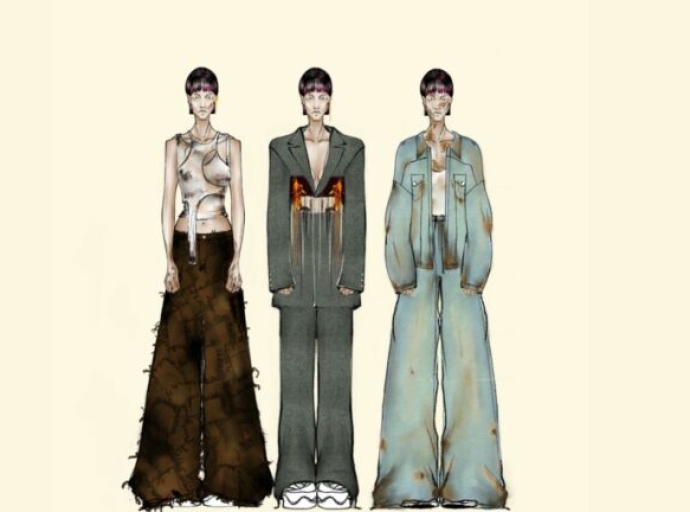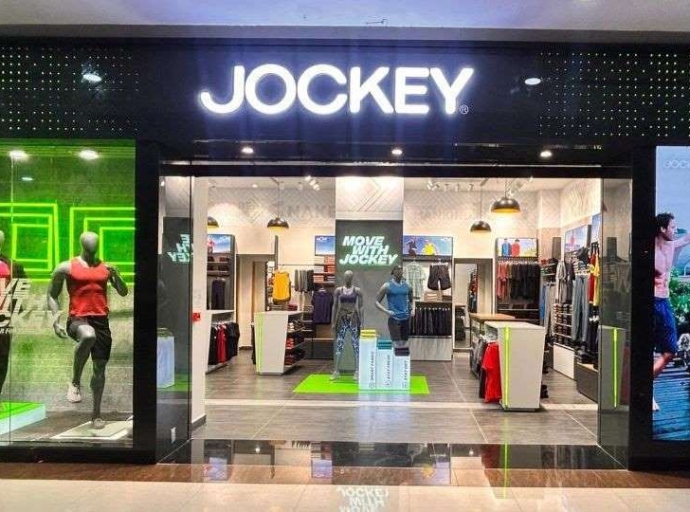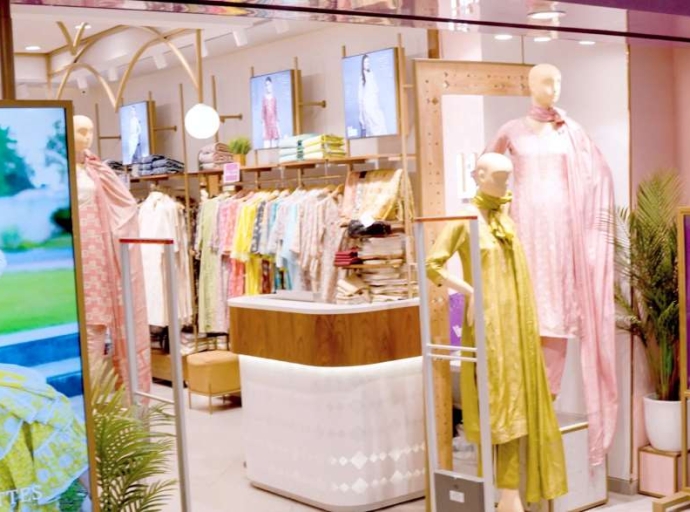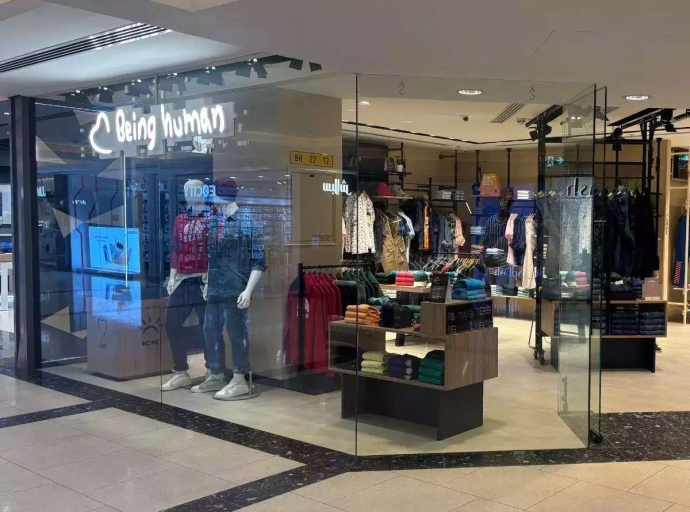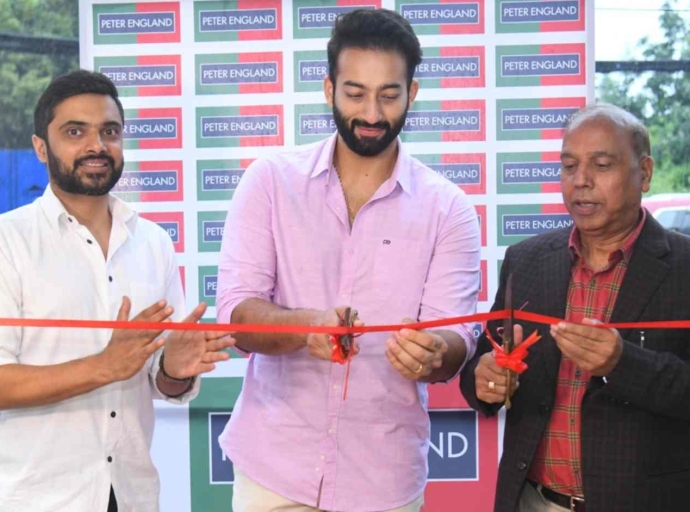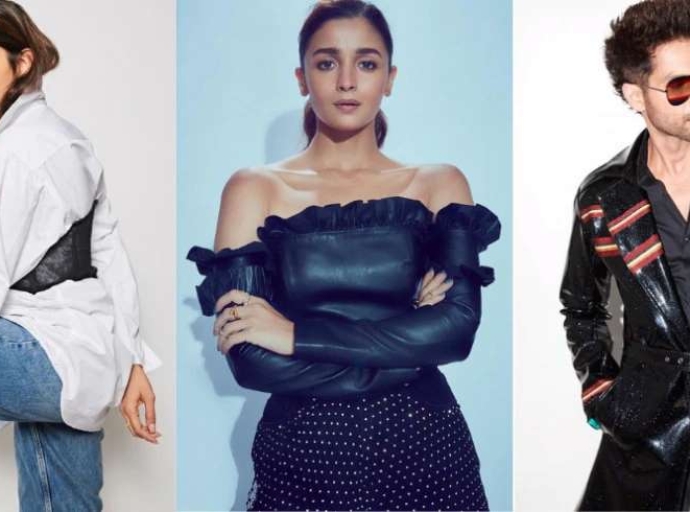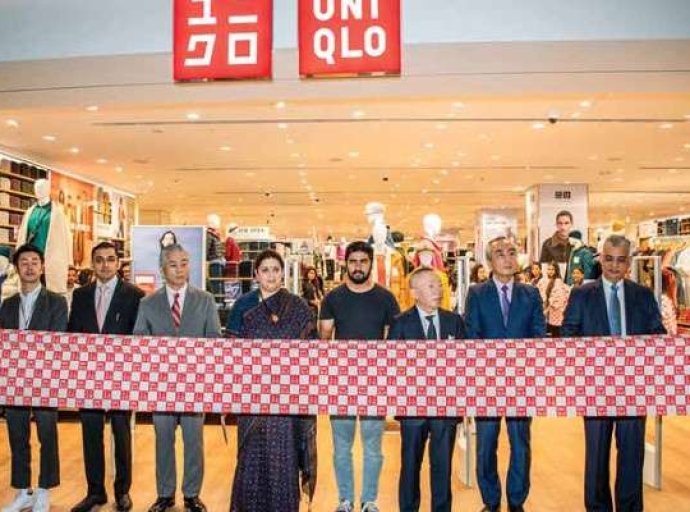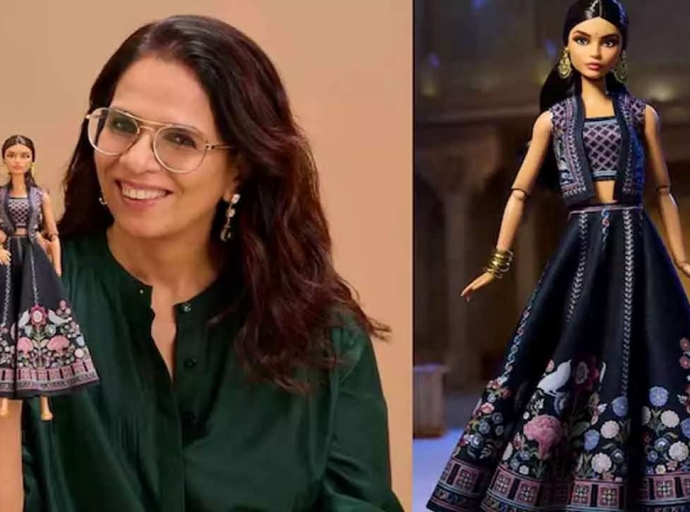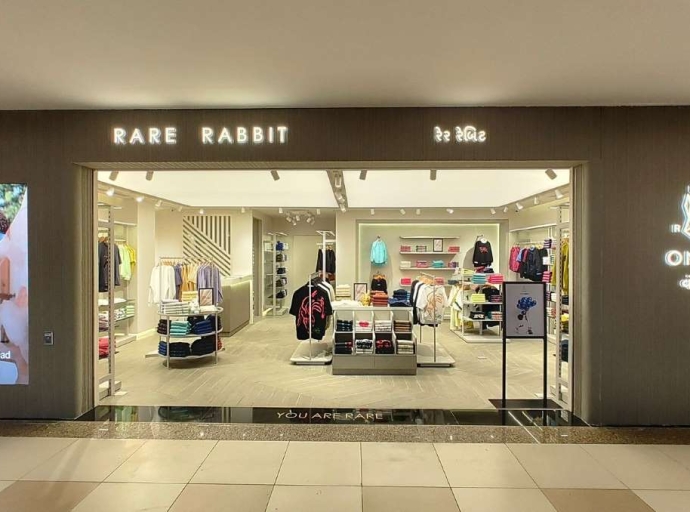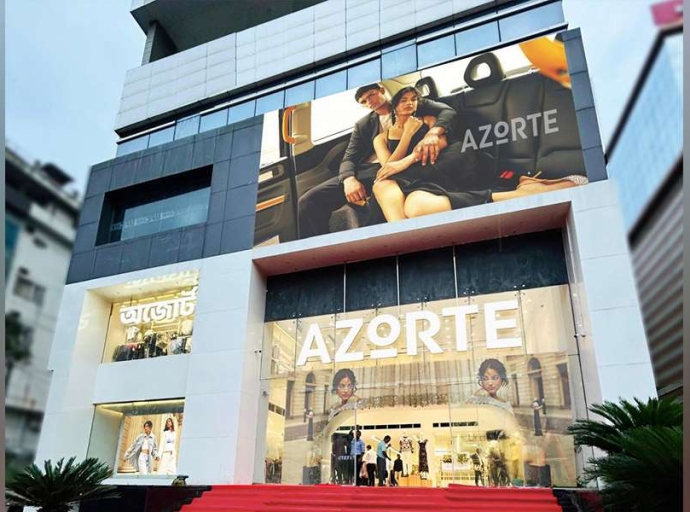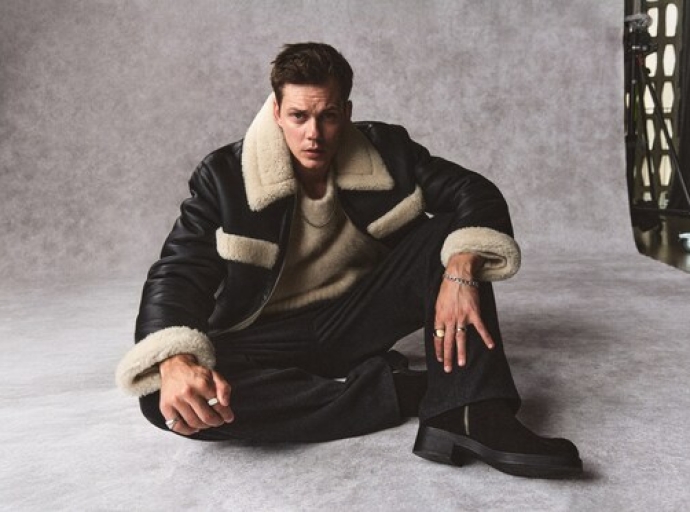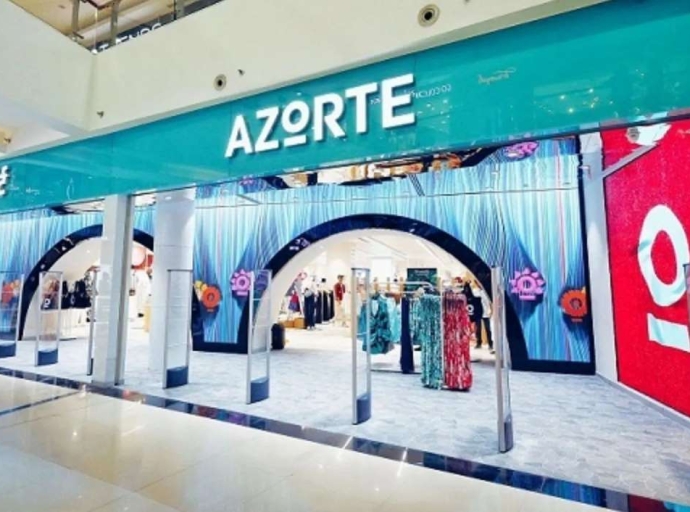Japanese company Fast Retailing’s flagship brand Uniqlo, entered India relatively late in 2019, yet its ambitions are sky-high. Tadashi Yanai, the visionary founder and CEO of Fast Retailing, has declared, "We aim to become the number one apparel brand in India." This bold statement is backed by a meticulous strategy, a deep understanding of the Indian consumer, and a focus on quality, innovation, and sustainability.
Yanai's journey, from inheriting a small clothing chain to building a global retail empire, is a testament to his relentless pursuit of excellence. His unwavering commitment to customer satisfaction, quality, and innovation has propelled Uniqlo to become a household name, with over 2,495 stores worldwide. Uniqlo's entry into the Indian market in 2019, marked a significant milestone in the brand's global expansion. The brand aims to leverage India's vast consumer base and growing appetite for high-quality, functional apparel.
Uniqlo's India focus
Yanai emphasizes the importance of understanding the local market before entering it. He poses three fundamental questions for any international venture:
Who are you and what differentiates you?
What have you done so far for the world?
What can you contribute to the country you are working in?
Uniqlo's India strategy is anchored in a three-pronged approach:
Expanding store network: Uniqlo currently operates 13 brick-and-mortar stores across India, with plans for further expansion. The brand's first highway store in Zirakpur signals its intent to reach a wider audience. The brand is also expanding its reach through e-commerce, delivering to 17,000 pin codes across the country.
Growing production base: Uniqlo is committed to strengthening its production capabilities in India. This includes collaborating with local manufacturers and suppliers to ensure efficient and sustainable production.
Providing opportunities for local talent: Uniqlo is dedicated to nurturing local talent and fostering a culture of innovation. The brand offers various training and development programs to empower its employees and contribute to the growth of the Indian retail industry.
Uniqlo's focus on customer-centricity and quality has resonated well with Indian consumers. The brand's LifeWear concept, which emphasizes simplicity, functionality, and comfort, has been particularly well-received. Yukihiro Katsuta, Head of Global Research and Development at Uniqlo, explains, "Most of Yanai's ideas over the past 40 years have come from a simple question of how he can make customers happy."
One example of Uniqlo's commitment to customer satisfaction is the development of the Souffle Yarn collection. For years, customers complained about their sweaters being itchy, even those made from high-quality materials like cashmere. Uniqlo took this feedback seriously and spent two years researching and developing a new yarn that was soft and non-itchy. The Souffle Yarn collection, launched in 2019, was a direct result of this customer-centric approach.
Uniqlo's financial performance in India is impressive. In FY24, the company reported a 31 per cent rise in turnover, with operating revenue increasing from Rs 621.8 crore in FY23 to Rs 814.85 crore in FY24. Net profit also saw a 25 per cent increase, from Rs 68.3 crore in FY23 to Rs 85.31 crore in FY24.
Table: Uniqlo India Financial Performance
|
Financial Year
|
Turnover (Rs Crore)
|
Net Profit (Rs Crore)
|
|
FY23
|
621.8
|
68.3
|
|
FY24
|
814.85
|
85.31
|
“Our strategy in India has been threefold - one, to expand our store network; two, to grow our production base, and three, to provide opportunities to help local talent grow," says former Uniqlo India CEO Tomohiko Sei. He goes on to say, "We continue to see excellent market opportunities in India, given the fact that Indian people have shown a strong preference for functional and high-quality products, which are an essential part of our brand."
Uniqlo's focus on quality is unwavering. Yanai believes that clothing is more than just fashion; it's a fundamental human need. He emphasizes the importance of LifeWear, clothing that provides comfort and confidence, regardless of trends. Uniqlo's commitment to quality is evident in its products, which are known for their durability, functionality, and timeless design.
Innovation Push
Uniqlo is not just a fashion company; it's a technology company. Yanai is passionate about innovation and believes that technology can revolutionize the textile industry. Uniqlo has a strategic partnership with Toray Industries, a leading material manufacturer, to develop innovative fabrics and technologies.
Some of Uniqlo's signature technologies, such as Heattech, AIRism, and Ultra-Light Down, were born out of this collaboration.
What’s more, sustainability is a core value for Uniqlo. The company is committed to reducing its environmental impact and promoting sustainable practices throughout its supply chain. Add to it, Uniqlo's Re.Uniqlo Studios offer services to repair, reuse, remake, or recycle clothes, encouraging consumers to extend the life of their garments.
The Road Ahead
As Uniqlo completes 40 years, Yanai has announced his next big vision: "The Fourth Frontier: Challenge, Take Action, Achieve." This vision outlines Uniqlo's ambition to become a truly global brand, with India playing a key role in its growth.
Yanai has set an ambitious target of achieving group revenue of ¥5 trillion within a few years and then doubling it to ¥10 trillion. He believes that this is achievable with a continued focus on innovation, quality, and customer satisfaction.
Uniqlo's India entry is a story of ambition, strategy, and a deep understanding of the local market. The brand's focus on quality, innovation, and sustainability, coupled with its customer-centric approach, has resonated well with Indian consumers. With a strong financial performance and a clear vision for the future, Uniqlo is well-positioned to achieve its goal of becoming the number one apparel brand in India. As Yanai puts it, "We may or may not be successful in impressing ustomers always. But the mindset should always be to impress customers."

